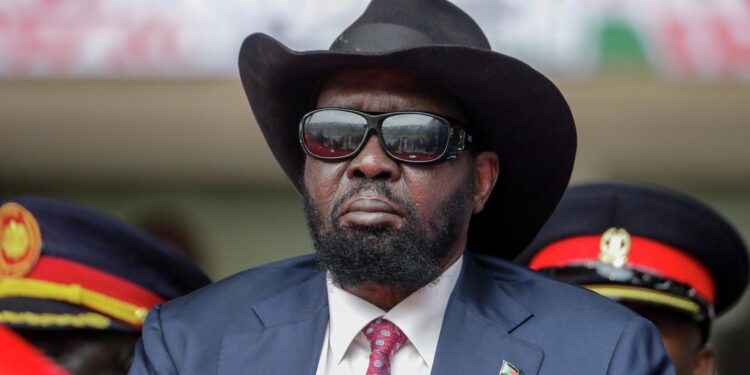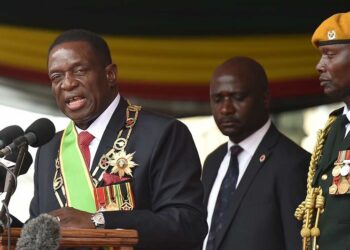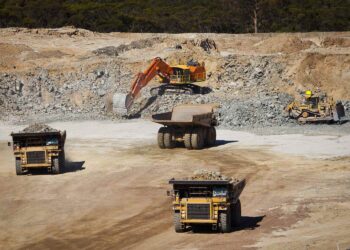South Sudan President Salva Kiir has sacked Deng Lual Wol as the petroleum ministry’s undersecretary and replaced him with Chol Thon Abel, the fourth time he has transferred the post from one of the men to the other in less than two months.
Kiir has repeatedly sacked and then reinstated – and sometimes sacked again – senior officials without explanation. Analysts say the tactic is aimed at maintaining control and rewarding loyalists in the face of increasing armed conflict this year between government forces and various militia, and amid speculation about his eventual succession.
The state broadcaster announced the shake-up at the petroleum ministry on Tuesday evening, without giving any explanation, as is usual with such personnel changes.
It was not immediately possible to contact a government spokesperson for comment.
Crude oil sales account for the vast majority of South Sudan’s revenues but exports have plunged due to damage to pipelines caused by the civil war in neighbouring Sudan.
Kiir first sacked Thon as undersecretary, which is the number two position at the ministry and is responsible for financial transactions, and replaced him with Lual in October.
He then reinstated Thon on November 3 before again replacing him with Lual a week later.
Kiir also dismissed Ayuel Ngor Kacgor on Tuesday as managing director of the state-owned oil firm Nilepet.
Gizam Moses, an independent policy analyst in governance and natural resources, said the constant turnover within government ministries encouraged corruption as officials would seek personal gain if they felt their tenure in posts was limited.
U.N. investigators said in September that political elites have engaged in “systematic looting of the nation’s wealth for private gain”, with little of the government’s revenues going to health, education or food security.
The government said the report was based on faulty data and denied some of the specific corruption allegations.
Earlier this month, Kiir sacked Vice President Benjamin Bol Mel, who had been widely rumoured to be his preferred successor, after nine months in the role and reappointed his immediate predecessor.



























































